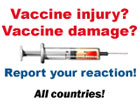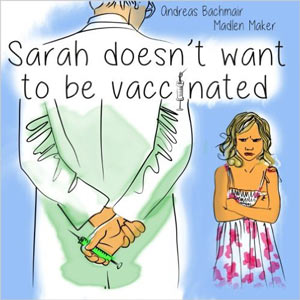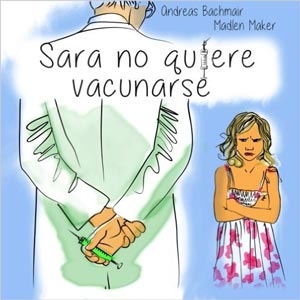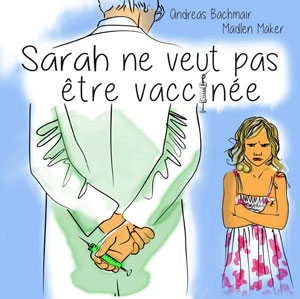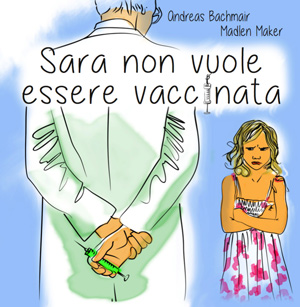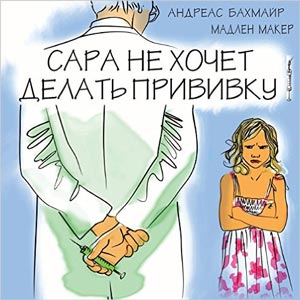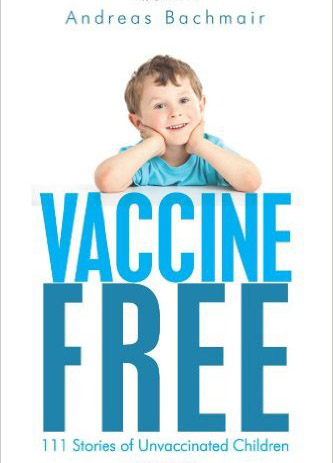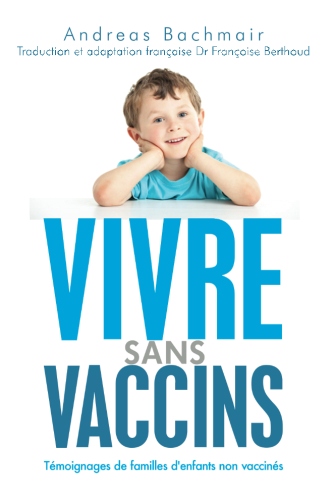Measles vaccination and SSPE
SSPE is a persisting measle infection of the central nervous system; infiltrates with B and T lymphocytes can be found in the nervous system as well as measle viruses which display typical mutations. Excessively high antibody titres against measles can be found in the blood of the people who have contracted the disease. Generally the disease is lethal.
According to American figures the risk of SSPE is ten times as high after measle vaccinations were introduced, presumably due to a relatively higher number of measles in very early childhood. (William J. Bellini,1 Jennifer S. Rota,1 Luis E. Lowe,1 Russell S. Katz,1 Paul R. Dyken,3 Sherif R. Zaki,2 Wun-Ju Shieh,2 and Paul A. RotaSubacute Sclerosing Panencephalitis: More Cases of This Fatal Disease Are Prevented by Measles Immunization than Was Previously Recognized, The Journal of Infectious Diseases 2005;192:1686-1693)
This tendency would correspond with Arenz’s figures from the his pediatric practice, which, however, seem somewhat exaggerated.
SSPE-cases caused by measle vaccine viruses could not be confirmed: during autopsies of measle-vaccinated SSPE victims wild viruses were frequently found in the CNS. Whether the vaccination triggers SSPE despite preceding measles is not clear.
However, obviously infections with viruses that precede the measles are trigger factors which suppress the maturation of dendritic cells and their capability of antigen presentation. Thus mice contract SSPE if they are infected with the lymphocytic choriomeningitis virus CL13 10 days before the measle infection. (Oldstone MB, Dales S, Tishon A, Lewicki H, Martin L.A role for dual viral hits in causation of subacute sclerosing panencephalitis., J Exp Med. 2005 Nov 7;202(9):1185-90. Epub 2005 Oct 31.)
RS-viruses and the measle virus itself can disturb the function of the dendritic cells and suppress the immune system in the cellular (TH1) area. (Schlender J, Hornung V, Finke S, Gunthner-Biller M, Marozin S, Brzozka K, Moghim S, Endres S, Hartmann G, Conzelmann KK, Inhibition of toll-like receptor 7- and 9-mediated alpha/beta interferon production in human plasmacytoid dendritic cells by respiratory syncytial virus and measles virus, J Virol. 2005 May;79(9):5507-15).
This also holds true for the measle vaccine viruses to which a smaller part of the people vaccinated react by skewing in the direction TH2. The fact that there is no specific cellular immune response can entail a primary or secondary vaccine failure. It has not been determined to what extent this is favored by mumps or rubella viruses during the MMR vaccination. (Dhiman N, Ovsyannikova IG, Ryan JE, Jacobson RM, Vierkant RA, Pankratz VS, Jacobsen SJ, Poland GA., Correlations among measles virus-specific antibody, lymphoproliferation and Th1/Th2 cytokine responses following measles-mumps-rubella-II (MMR-II) vaccination, Clin Exp Immunol. 2005 Dec;142(3):498-504.)
I wonder whether autistic enterocolitis isn’t a kind of SSPE with a weakened (vaccine)virus. A imbalance of TH1/TH2 system seems to be the prerequisite for both CNS diseases. Possible causes for an imbalance are mercury (thimerosal) and vaccinations during the first months of life.
“At the level of the immune response, the newborn tends towards a TH2 response to pathogens and gradually shifts towards a TH1 response with age. If this transition does not take place appropriately, the infant is likely to be at greater risk of mounting aberrant immune responses in later life, as seen in patients with allergies. Given that, under normal circumstances the age of this transition will be different for different children, it seems inevitable that a ubiquitous viral exposure of all 15-month-old children could induce an immune response that is consistent with the individual dynamics of this TH2-TH1 transition.” (Wakefield AJ, and Montgomery SM. Autism, viral infection, measles-mumps-rubella vaccination. Israeli Med Ass J 1999;1:183-187 ).
When considering at which point in time the measle vaccination poses less of a risk we must therefore ask ourselves when the immune system in the TH2-TH2 area is sufficiently stable. Achieving a stable balance seems to vary from each child to the next but it is completed after the age of three to five years. (http://pressearchiv-kubitschek.www.de/pharma-presse/presseerklaerungen/texte/pharma_medikamente/alk_scherax/alk_scherax_140400.html ). This could be the reason why it would be better not to vaccinate against the measles but at least not to vaccinate MMR.
In the
As is known, subclinical measles occur in the first year of life if maternal antibodies are present. ( http://www.ncbi.nlm.nih.gov/entrez/query.fcgi?cmd=Retrieve&db=pubmed&dopt=Abstract&list_uids=10195680&query_hl=1 ). It is these types of cases that seem to have a predisposition for SSPE (the wild virus CNS is then discovered in them). Measles that do not include a visible rash could be a decisive factor for the development of SSPE. The children apparently do not manage to eliminate the virus in this case. It is also possible that administering medication that lowers fevers could prevent elimination of the virus.


